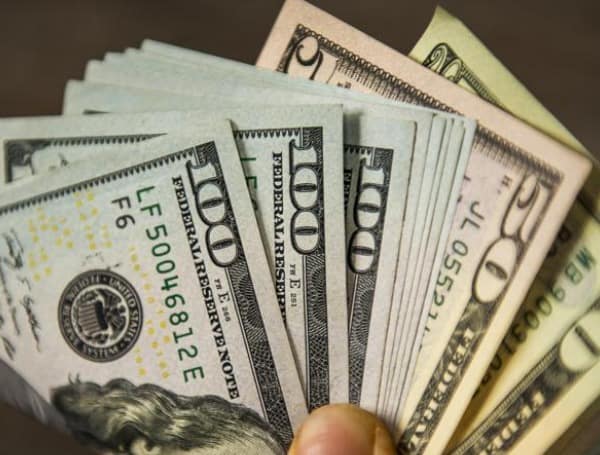California voters narrowly rejected Proposition 32, a ballot measure that would have raised the state’s minimum wage to $18 an hour by 2026, making it the highest in the nation. According to the unofficial tally with 100% of precincts reporting, 50.8% of voters opposed the measure, while 49.2% supported it.
Jennifer Barrera, president of the California Chamber of Commerce and an opponent of the measure, noted that economic concerns played a significant role in the outcome. “With the economy and costs top of mind for many voters this election, that message appears to have resonated,” Barrera told the Associated Press.
READ: Los Angeles Passes ‘Sanctuary City’ Ordinance In Wake Of Trump’s Deportation Plan
Currently, California’s minimum wage stands at $16 an hour statewide, with fast-food workers earning a $20 minimum wage. California was the first state to adopt a $15 minimum wage in 2016. Despite the rejection of Proposition 32, over 40 counties and cities in the state already have an $18 minimum wage, according to the AP.
Proposition 32’s proponents argued that raising the minimum wage would provide a better quality of life for low-wage workers and help combat corporate exploitation. Joe Sanberg, a leading fundraiser for the measure, described it as a step toward stimulating the economy and addressing inequality.
“Proposition 32’s failure to pass is disappointing for all Californians who believe that everyone who works should earn enough to support their families,” Kathy Finn, president of United Food and Commercial Workers 770, a Southern California union, told the AP.
READ: California Rep Alarmed That Musk, Ramaswamy’s DOGE Could Put Education Department Out Of Business
Opponents of the measure, including the California Grocers Association and California Restaurant Association, argued that increasing the minimum wage would impose additional costs on businesses and lead to higher prices for consumers.
“Arguments about the minimum wage are always very emotional,” said Till von Wachter, an economics professor at UCLA, in an interview with the Los Angeles Times. “Economic issues are top of mind right now, and that can lead to a rejection of a higher minimum wage.”
If passed, Proposition 32 would have made California’s minimum wage the highest in the nation. Currently, the District of Columbia holds that title at $17 an hour. Hawaii has approved an $18 minimum wage to take effect in 2028, according to the AP.
The narrow rejection of Proposition 32 underscores the balancing act between addressing cost-of-living challenges and managing economic pressures on businesses and consumers in a time of uncertainty.
Please make a small donation to the Tampa Free Press to help sustain independent journalism. Your contribution enables us to continue delivering high-quality, local, and national news coverage.
Android Users: Download our free app to stay up-to-date on the latest news.
Connect with us: Follow the Tampa Free Press on Facebook and Twitter for breaking news and updates.
Sign up: Subscribe to our free newsletter for a curated selection of top stories delivered straight to your inbox.

